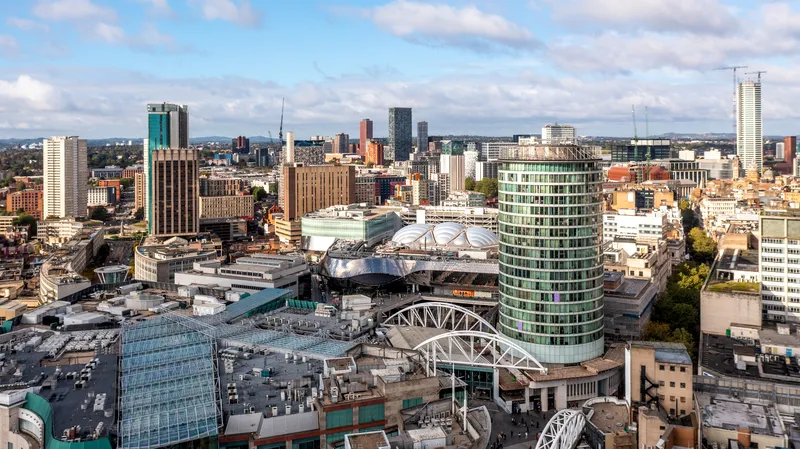Formula 1 technology could soon make family cars lighter, improve fuel efficiency and help plug-in vehicles go further - after an innovative research project won a share of a US$54.6 million (£38.2 million) UK government prize.
The project is one of more than 130 car manufacturers, technology companies and research centres across the country to have won a share of the money, announced in the Budget, which will create hi-tech jobs and help Britain become a global leader in exporting state of the art, emis
March 22, 2016
Read time: 2 mins
Formula 1 technology could soon make family cars lighter, improve fuel efficiency and help plug-in vehicles go further - after an innovative research project won a share of a US$54.6 million (£38.2 million) UK government prize.
The project is one of more than 130 car manufacturers, technology companies and research centres across the country to have won a share of the money, announced in the Budget, which will create hi-tech jobs and help Britain become a global leader in exporting state of the art, emission-cutting technology.
A consortium including7998 Jaguar Land Rover and 838 Nissan has received US$2.4 million (£1.7 million) for ‘light weighting’ technology - applying the science behind Formula 1 cars and space satellites to make passenger cars lighter and more fuel efficient. The results could reduce the weight of steel components in vehicles such as the Nissan Leaf by more than half, potentially extending a plug-in car’s driving distance by up to 25 per cent.
The winning projects were chosen following a competition launched last September encouraging companies to propose innovative ideas to cut vehicle emissions. The funding combines US$43 million (£30 million) from the Office for Low Emission Vehicles (OLEV) with US$11.7 million (£8.2 million) of additional funding from Innovate UK, who will support the schemes.
The OLEV Research & Development Fund will award funding to over 130 companies and research organisations across the UK including: a consortium led by Jaguar Land Rover and Nissan in the West Midlands; teams led by Faradion and Magnomatics and the University of Sheffield in Yorkshire and the Humber; along with organisations such as Ceres Power in the south-east, Far-UK in the east Midlands, Sinamp in Scotland, the Clean Air Power in the north-west, Controlled Power in the east of England, Greater London, HiETA Technologies in the south-west and the Jaguar Land Rover/Nissan project in the north-east.
They will begin unveiling working prototypes by 2018 and could feature in passenger cars from 2020.
The project is one of more than 130 car manufacturers, technology companies and research centres across the country to have won a share of the money, announced in the Budget, which will create hi-tech jobs and help Britain become a global leader in exporting state of the art, emission-cutting technology.
A consortium including
The winning projects were chosen following a competition launched last September encouraging companies to propose innovative ideas to cut vehicle emissions. The funding combines US$43 million (£30 million) from the Office for Low Emission Vehicles (OLEV) with US$11.7 million (£8.2 million) of additional funding from Innovate UK, who will support the schemes.
The OLEV Research & Development Fund will award funding to over 130 companies and research organisations across the UK including: a consortium led by Jaguar Land Rover and Nissan in the West Midlands; teams led by Faradion and Magnomatics and the University of Sheffield in Yorkshire and the Humber; along with organisations such as Ceres Power in the south-east, Far-UK in the east Midlands, Sinamp in Scotland, the Clean Air Power in the north-west, Controlled Power in the east of England, Greater London, HiETA Technologies in the south-west and the Jaguar Land Rover/Nissan project in the north-east.
They will begin unveiling working prototypes by 2018 and could feature in passenger cars from 2020.










